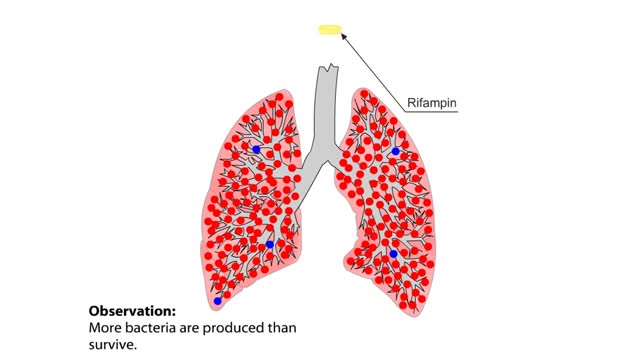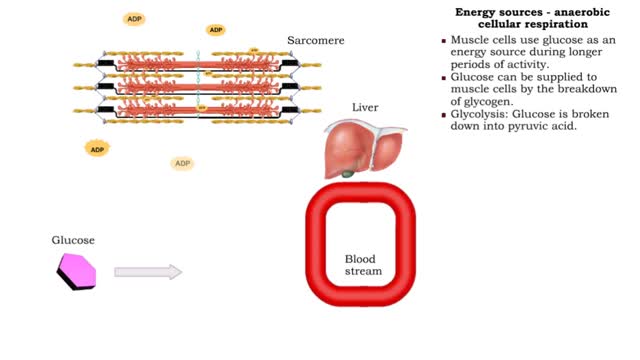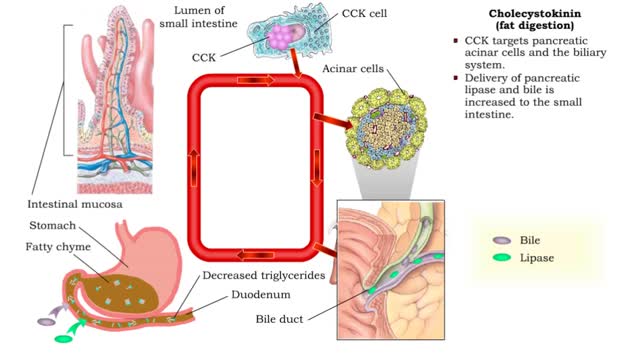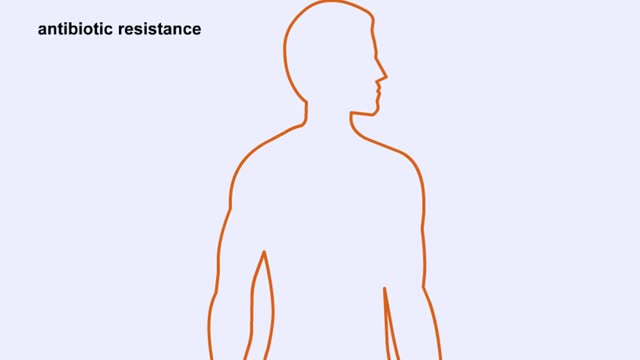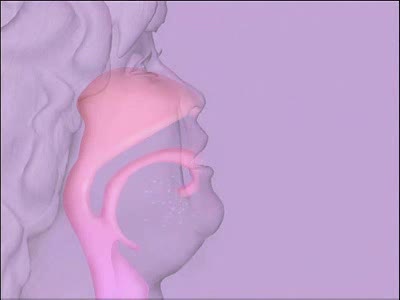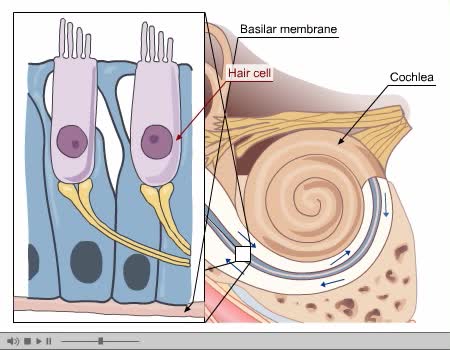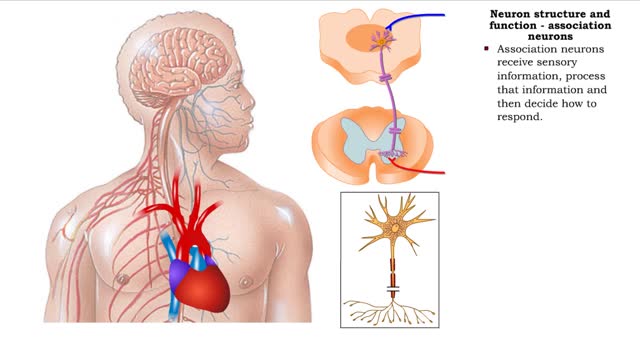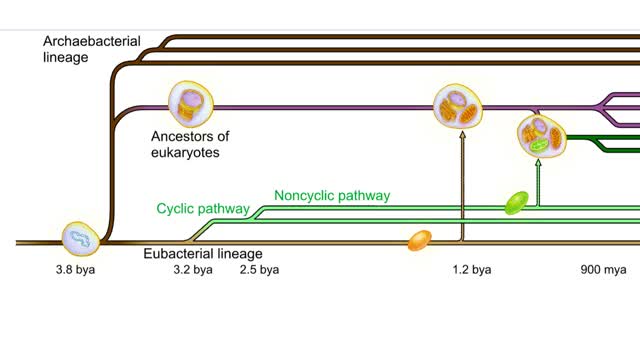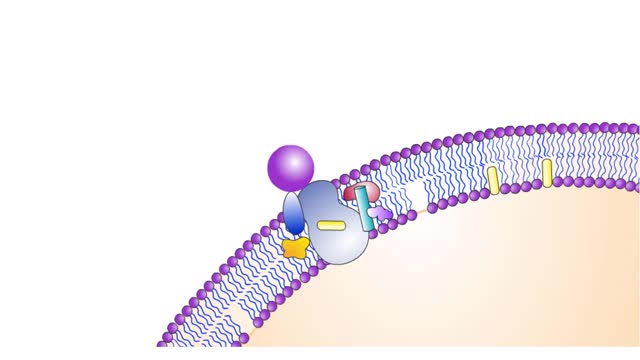Search Results
Results for: 'White blood cells'
Mycobacterium tuberculosis: Drug Resistance and Natural Selection
By: HWC, Views: 10127
The evolution of drug resistance in microorganisms, such as M. tuberculosis, that cause human diseases is of particular concern to biologists. When Mycobacterium tuberculosis infects the lungs of humans, it causes the disease tuberculosis, also called TB. Once infected, the lungs act as a new...
By: HWC, Views: 11575
• The amount of ATP stored in a skeletal muscle cell can only provide muscular activity for two to three seconds. • Muscle cells must be able to generate additional molecules of ATP to continue contracting. • Muscle cells can generate ATP from several processes: • Phosphogen syste...
Secretin (inhibiting gastric acid secretion), Cholecystokinin (fat digestion) & Cholecystokinin
By: HWC, Views: 11224
• As chyme approaches the small intestine, secretin also targets acid-producing parietal cells in the gastric mucosa. • Increased secretin inhibits gastric add secretion. • With less gastric acid produced, the chyme going into the intestine is less acidic. • The hormone CCK also reg...
Natural Selection, Species Isolation and Real World Example
By: HWC, Views: 10792
`Natural selection' is the process in which organisms with adaptive traits survive and breed in greater number than organisms without such traits. Eventually, almost all of the individuals in the population will have the same adaptive trait. This was the concept presented by Charles Darwin in ...
By: Administrator, Views: 14799
Angina is a type of chest pain caused by reduced blood flow to the heart. Angina (an-JIE-nuh or AN-juh-nuh) is a symptom of coronary artery disease. Angina, which may also be called angina pectoris, is often described as squeezing, pressure, heaviness, tightness or pain in your chest.
By: Administrator, Views: 14688
Process of Hearing Sound waves are directed to the eardrum, causing it to vibrate. These vibrations move the three small bones of the middle ear (malleus, incus, and stapes). Movement of stapes at oval window sets up pressure waves in the perilymph and endolymph. Process of Hearing The wav...
Neuron structure and function - sensory neurons, association neurons & motor neurons
By: HWC, Views: 11345
• The primary function of the nervous system is to provide rapid communication within the body to maintain homeostasis. • This function underlies behaviors, thinking and control of organ functions. • The basic functions of the nervous system are provided by: • Sensory neurons • ...
Evolutionary tree of life Animation
By: HWC, Views: 5091
An evolutionary tree of life that reflects mainstream thinking about the connections among major lineages (bya = billions of years ago, mya = millions of years ago). By about 3.8 billion years ago, chemical and molecular evolution had produced the first living cells. The first major divergenc...
HDL (high density lipoprotein)
By: HWC, Views: 10183
HDL cholesterol can be thought of as the “good” cholesterol. (So, in the case of HDL cholesterol, higher levels are actually better.) The body uses cholesterol to make hormones and vitamin D and to support digestion. HDL carries LDL (bad) cholesterol away from the arteries and back to t...
Advertisement



